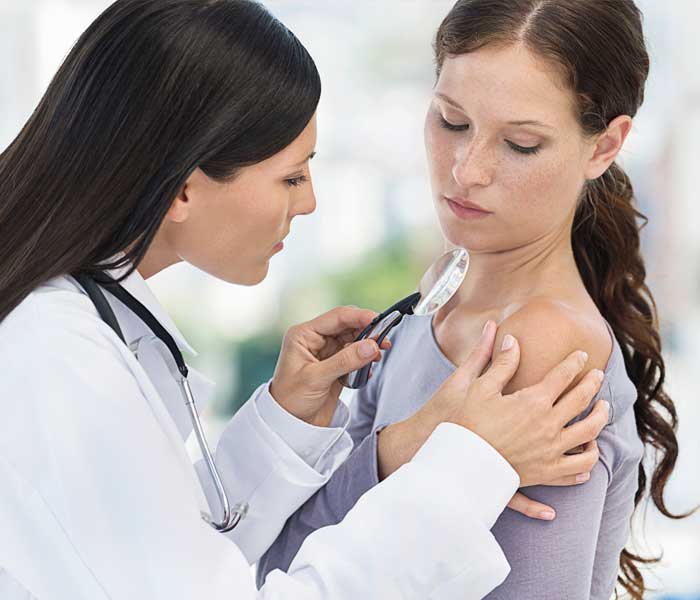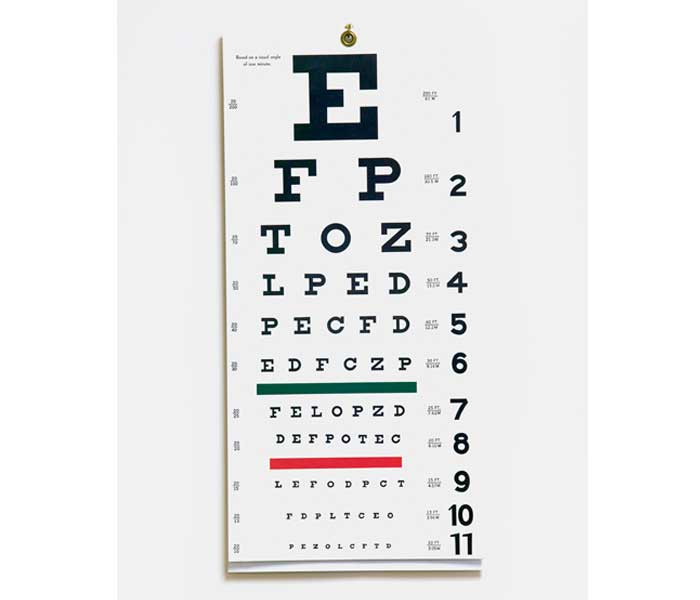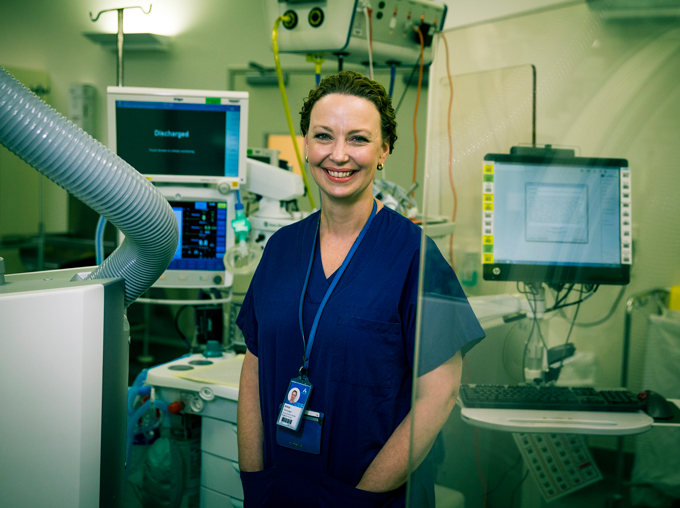1 Heart health
Many women think that it’s men who are at greater risk of a heart attack. You should have your blood pressure monitored regularly, and your cholesterol and triglyceride levels checked.
It is vital to see your doctor if you experience chest pain, shortness of breath, palpitations or an irregular heart beat. There are many different types of heart tests, most of them non-invasive, such as an echocardiogram (which helps to find the cause of unexplained chest pain and checks how well your heart is pumping blood) or an electrocardiogram (which checks your heart’s electrical system and heart rhythm).
2 Cervical smears
Okay, so they’re not a barrel of laughs but smear tests are over and done with quickly, and can pick up changes in cells before they become cancerous.
According to the Ministry of Health, smear tests can drastically reduce the cases of cervical cancer. If we didn’t have screening, about one in 90 women would develop it, and one in 200 would die from it.
But with screening, one in 570 women will develop cervical cancer and one in 1280 will die from it – much better odds. Three yearly tests are recommended for all women aged 20 to 70 who have ever been sexually active.

3 Skin checks
Once the weather gets colder and your skin is covered up most of the time, it can be easy not to notice anything suspicious, such as the growth or change in appearance of a mole. These can be signs of skin cancer and the sooner it is diagnosed, the better the outcome is likely to be.
Getting a skin expert to take a look at you is a good idea at any time of the year, but especially important now.
4 Mammograms
Breast cancer is another disease where the odds of survival are increased if you catch it early on. We have a free breast screening programme in New Zealand for women aged between 45 and 69. Women under 45 who have a family history of breast cancer should talk to their doctor about having mammograms before then.
A lot of people are put off because they’re worried about mammograms being painful. They can be uncomfortable, but the discomfort is only for a very short time.

5 Eye tests
These are important not only to see if you need to start wearing glasses or change your prescription, but they can also pick up eye-related medical conditions, such as glaucoma, cataracts and macular degeneration.
Conditions such as diabetes, high blood pressure and cardiovascular disease can also be spotted thanks to the way they affect the eyes.
It’s recommended you should have a test every two years, but don’t hesitate to go to an opthalmologist at any time if you have issues like blurry or double vision or floaters (black dots in your field of vision).
6 Bone checks
Women over 50 have an increased risk of developing osteoporosis, the bone-thinning disease that can lead to painful broken bones, but often they don’t know they’ve got it until they suffer a fracture.
Bone density scans not only let you know if you have the condition and how advanced it is, but they can show if you are at risk of developing the disease.
It is a good idea to have a scan if you’re vulnerable, ie if you have a family history or risk factors such as having been a heavy smoker or drinker and suffering from an illness, such as Crohn’s disease or rheumatoid arthritis. If a scan does show a higher likelihood of getting osteoporosis, you and your doctor can work out how to prevent it or hold it at bay using medication, diet, exercise and supplements, such as calcium or vitamin D.


